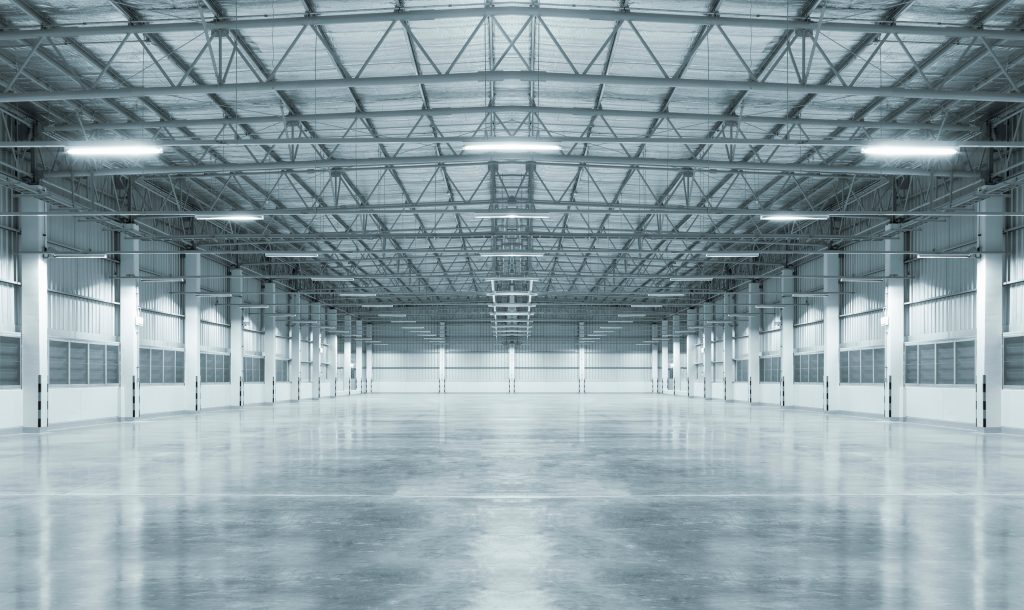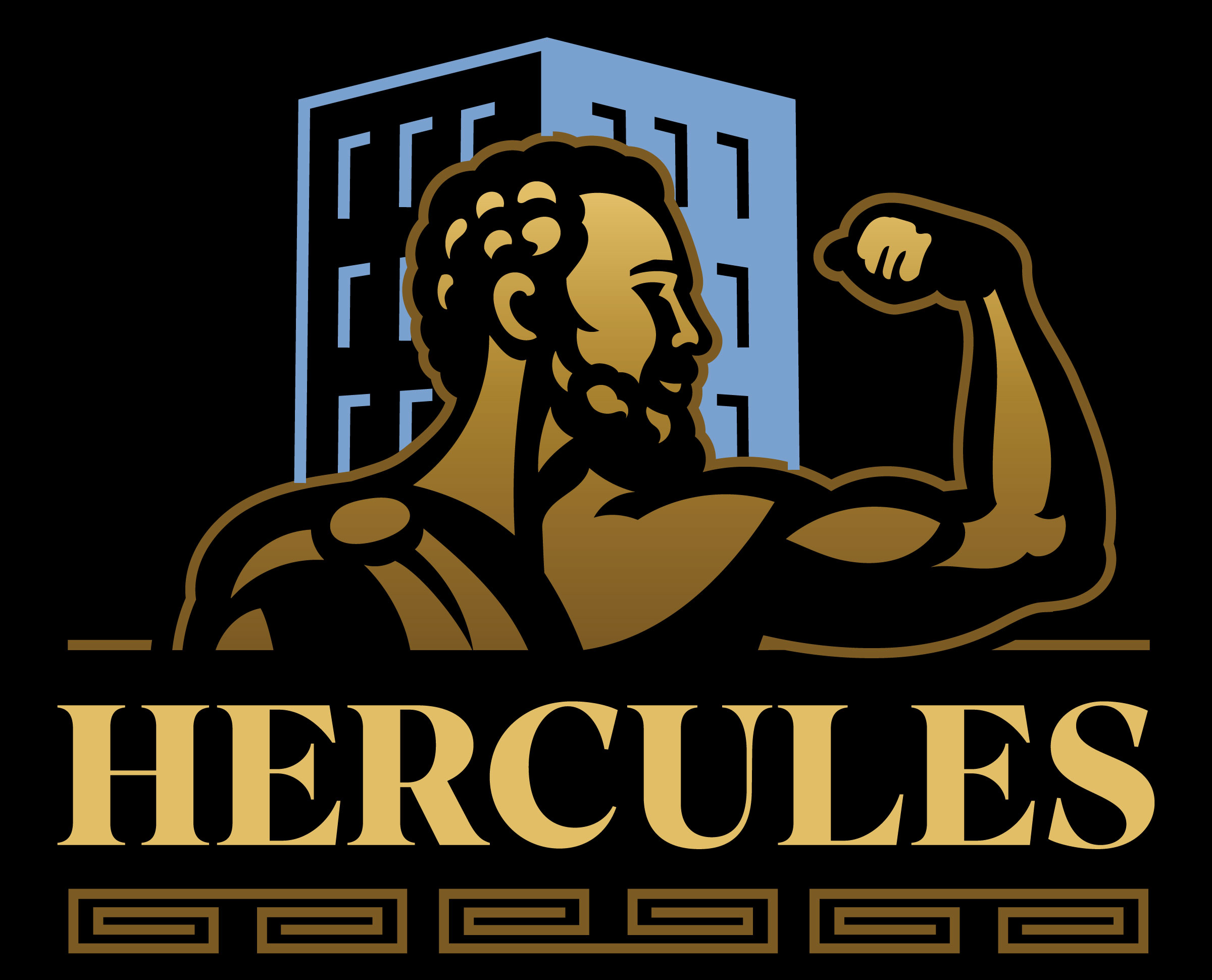Warehouses play a vital role in Atlanta’s industrial economy — serving as logistics hubs, manufacturing centers, and storage facilities that keep the city’s commerce running smoothly. Whether you’re buying, leasing, or maintaining an existing warehouse, a professional inspection is one of the smartest investments you can make. In a competitive market like metro Atlanta, overlooking structural or safety issues can quickly lead to costly downtime, regulatory fines, or unexpected repair expenses.
Understanding Warehouse Inspections
A warehouse inspection is far more than a quick walkthrough. It’s a systematic evaluation of the property’s structure, safety systems, mechanical components, and environmental conditions. In Atlanta, inspectors also consider local climate factors such as humidity, temperature fluctuations, and heavy rainfall that can affect roofing, drainage, and building envelopes.
During an inspection, professionals assess the condition of the roof (a major cost driver in industrial properties), look for evidence of leaks or ponding, and check that the drainage systems are functioning properly. They also inspect walls for cracks, settlement, and structural weaknesses that could indicate foundation problems. The inspection typically includes evaluation of loading docks, overhead doors, insulation, lighting, HVAC systems, and electrical panels — all of which must be in reliable condition to ensure safety and energy efficiency.
Common Issues Found in Atlanta Warehouses
The Atlanta area’s warm, humid climate presents several recurring challenges. Roof leaks and moisture intrusion are among the most common problems, particularly in older tilt-up concrete and metal buildings. Poor ventilation can lead to mold growth or rust on steel components. Inspectors also watch for settlement cracks due to clay-rich soils found throughout much of the region.
Other issues often include:
- Damaged dock levelers and doors from frequent use or forklift impact
- Insufficient fire suppression systems or outdated sprinklers
- Electrical safety violations, such as exposed wiring or overloaded panels
- Inadequate lighting or emergency exit signage
- Poor drainage around the building perimeter, leading to water pooling near foundations
Catching these issues early through a comprehensive inspection helps property owners plan maintenance, protect stored goods, and remain compliant with OSHA and local fire codes.
Why a Professional Inspector Matters
Warehouse inspections require specialized knowledge. A certified commercial property inspector understands the building systems unique to large industrial spaces — from high-voltage power distribution to sprinkler system configurations and steel framing analysis. In Atlanta, a professional familiar with regional building practices and environmental conditions can identify subtle signs of damage that others might overlook.
For investors or tenants, an inspection provides valuable negotiation leverage. Knowing the true condition of a property helps you budget accurately, plan future upgrades, and avoid unexpected capital expenditures after closing or signing a lease.
The Value of Preventive Inspections
Even if you already own or manage a warehouse, regular inspections are essential. Annual or biannual evaluations can detect small issues before they become major disruptions. For example, spotting minor roof deterioration before storm season or identifying an overloaded electrical circuit early can prevent shutdowns and costly losses in inventory or equipment.
Preventive inspections also protect worker safety and ensure compliance with insurance and municipal regulations. Many Atlanta-area municipalities require adherence to current building and fire codes — meaning documentation from a certified inspector can help verify that your facility meets all required standards.
Serving Atlanta’s Industrial Market
Atlanta’s industrial landscape is one of the fastest-growing in the Southeast, spanning key areas such as Fulton Industrial Boulevard, Norcross, Marietta, Forest Park, and the I-85 logistics corridor. From older concrete tilt-up warehouses to new Class A distribution centers, each facility has unique inspection needs. A professional inspection service ensures you have accurate, actionable information before making critical business decisions.
Final Thoughts
Whether you’re a business owner expanding operations or an investor evaluating a distribution hub, inspecting warehouses in Atlanta, GA, is about protecting your investment and ensuring operational reliability. A thorough, professional inspection not only identifies risks but also provides the peace of mind that your facility is safe, efficient, and built to last.


Recent Comments